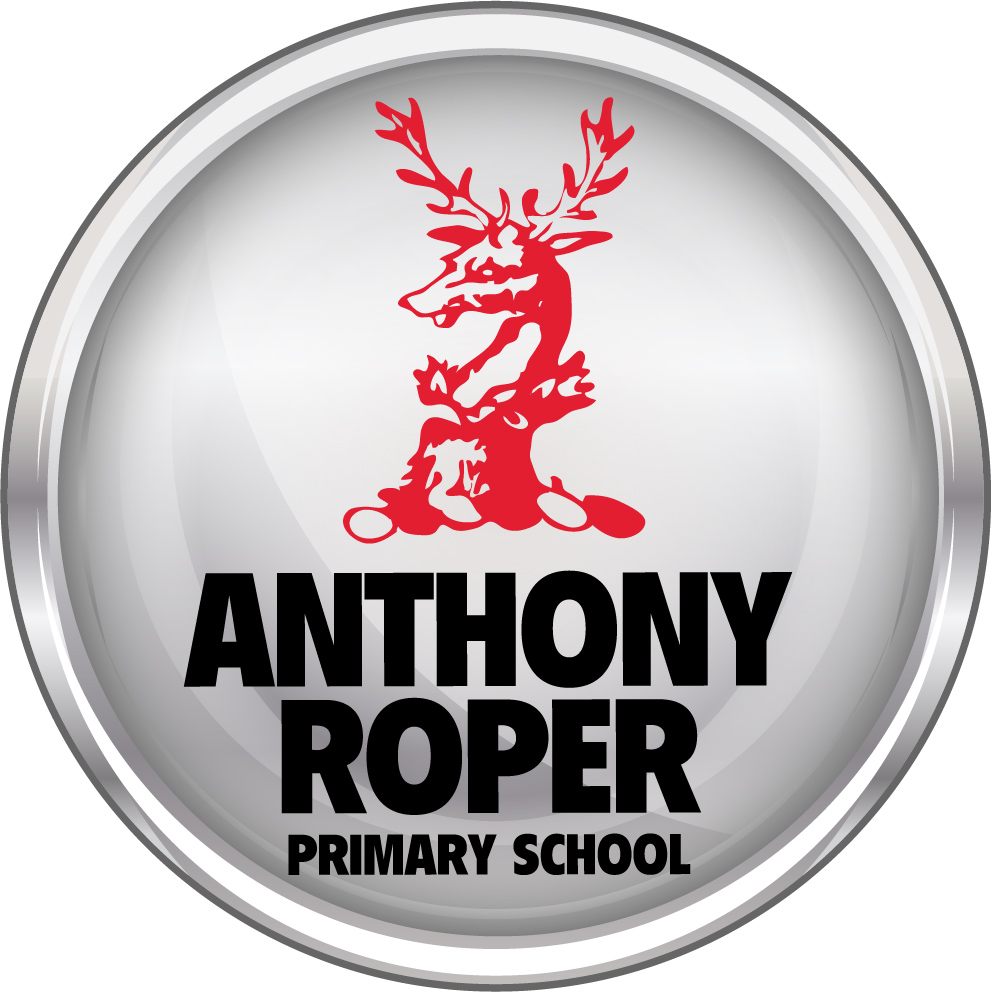Modern Foreign Languages
Intent
The National Curriculum for Languages aims to ensure that all pupils:
- understand and respond to spoken and written language from a variety of authentic sources;
- speak with increasing confidence, fluency and spontaneity, finding ways of communicating what they want to say, including through discussion and asking questions, and continually improving the accuracy of their pronunciation and intonation;
- can write at varying length, for different purposes and audiences, using the variety of grammatical structures that they have learnt;
- discover and develop an appreciation of a range of writing in the language studied.
Implementation
Our French curriculum aims to instil a love of language learning and an awareness of other cultures. We want pupils to develop the confidence to communicate in French for practical purposes, using both written and spoken French. The children are given opportunities to communicate for practical purposes around familiar subjects and routines in both spoken and written French. Although in year 3, the focus is on developing oral skills before incorporating written French in year 4 and beyond.
The curriculum is a spiral curriculum, with key skills and vocabulary revisited repeatedly with increasing complexity, allowing pupils to revise and build on their previous learning. Cross-curricular links are included through all French units, allowing children to make connections and apply their language skills to other areas of their learning.
The scheme of work is designed with six strands that run throughout: Speaking and Pronunciation; Listening; Reading and Writing; Grammar; Intercultural Understanding and Language Detective skills. Lessons incorporate a range of teaching strategies from independent tasks, paired and group work including role-play, language games and language detective work. We aim to develop an understanding of French grammar, rather than on committing to memory vast amounts of French vocabulary.
Impact
The impact of our MFL curriculum can be monitored continuously through both formative and summative assessment. Children should leave school equipped with a range of language-learning skills to enable them to study French, or any other language, with confidence at Key Stage 3.
The expected impact is:
- To be able to engage in purposeful dialogue in practical situation (for example ordering in a cafe or following directions).
- To make increasingly accurate attempts to read unfamiliar words, phrases and short texts.
- To speak aloud with confidence and accuracy in pronunciation.
- To demonstrate understanding of spoken language by listening and responding appropriately.
- To be able to identify word classes in a sentence and apply grammatical rules they have learnt.
- To use a bilingual dictionary to support their language learning.
- To meet the end of Key Stage 2 expectations outlined in the national curriculum for Languages.
